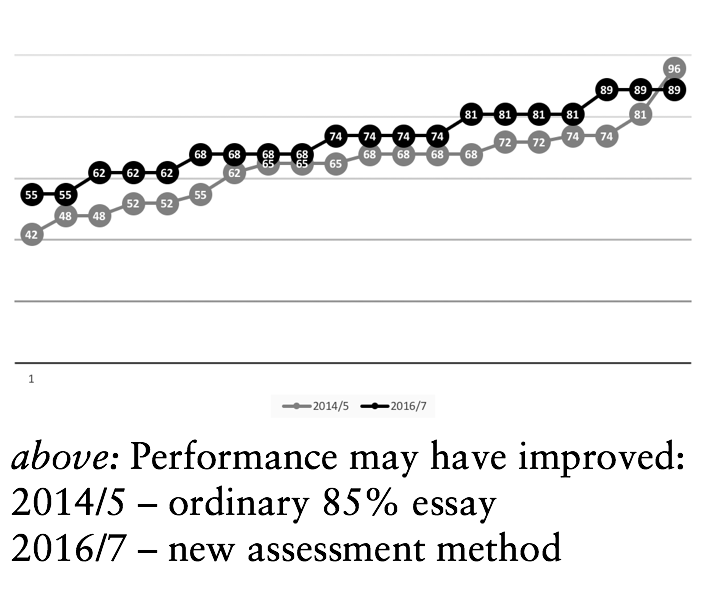Click here and press the right key for the next slide (or swipe left)
also ...
Press the left key to go backwards (or swipe right)
Press n to toggle whether notes are shown (or add '?notes' to the url before the #)
Press m or double tap to slide thumbnails (menu)
Press ? at any time to show the keyboard shortcuts
Moral Psychology
Moral psychology is the study of psychological aspects of ethical abilities.
Course Structure
Part 1: psychological underpinnings of ethical abilities
Part 2: political consequences
Part 3: implications for ethics
‘Science can advance ethics by revealing the hidden inner workings of our moral judgments [..] Once those inner workings are revealed we may have less confidence in some of [...] the ethical theories that are explicitly or implicitly based on them’
Greene, 2014 pp. 695--6
Assessment and Seminars
yyrama

Any questions? Email me or ask on the Moral Psychology team (there’s a link by this video).